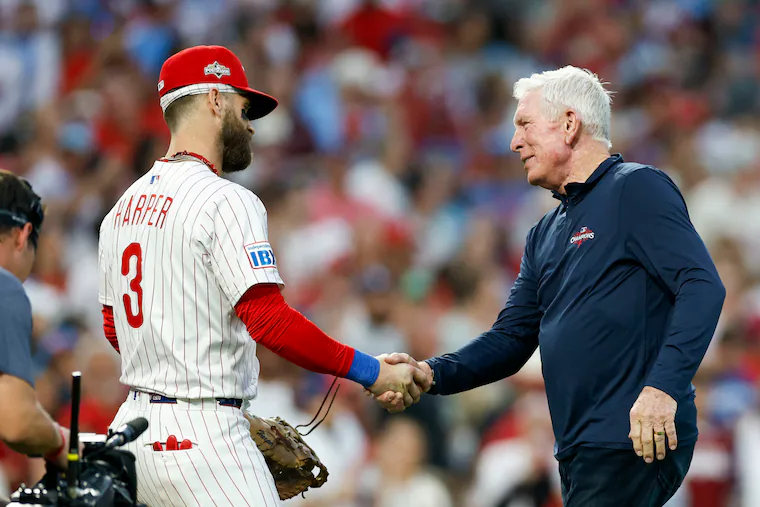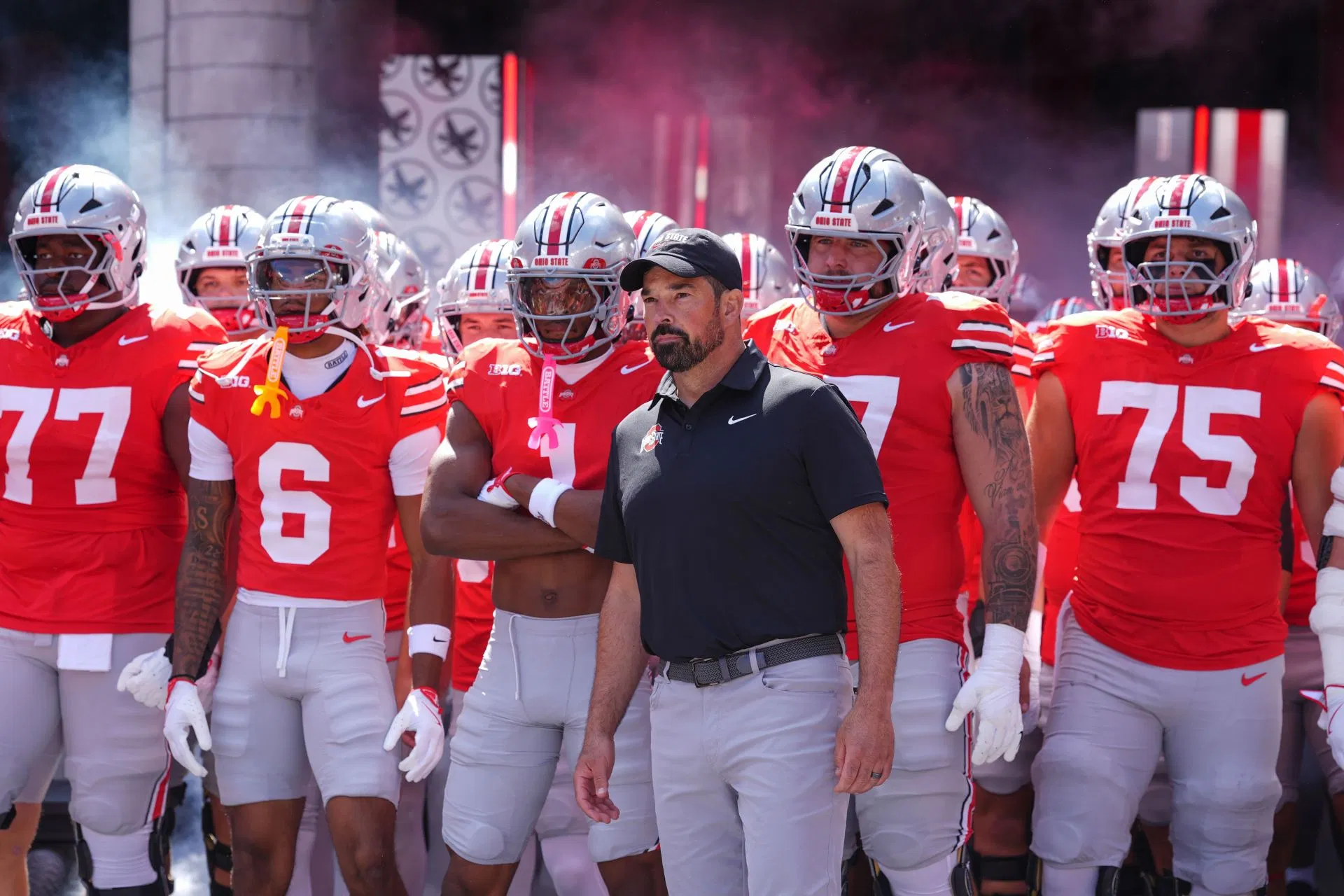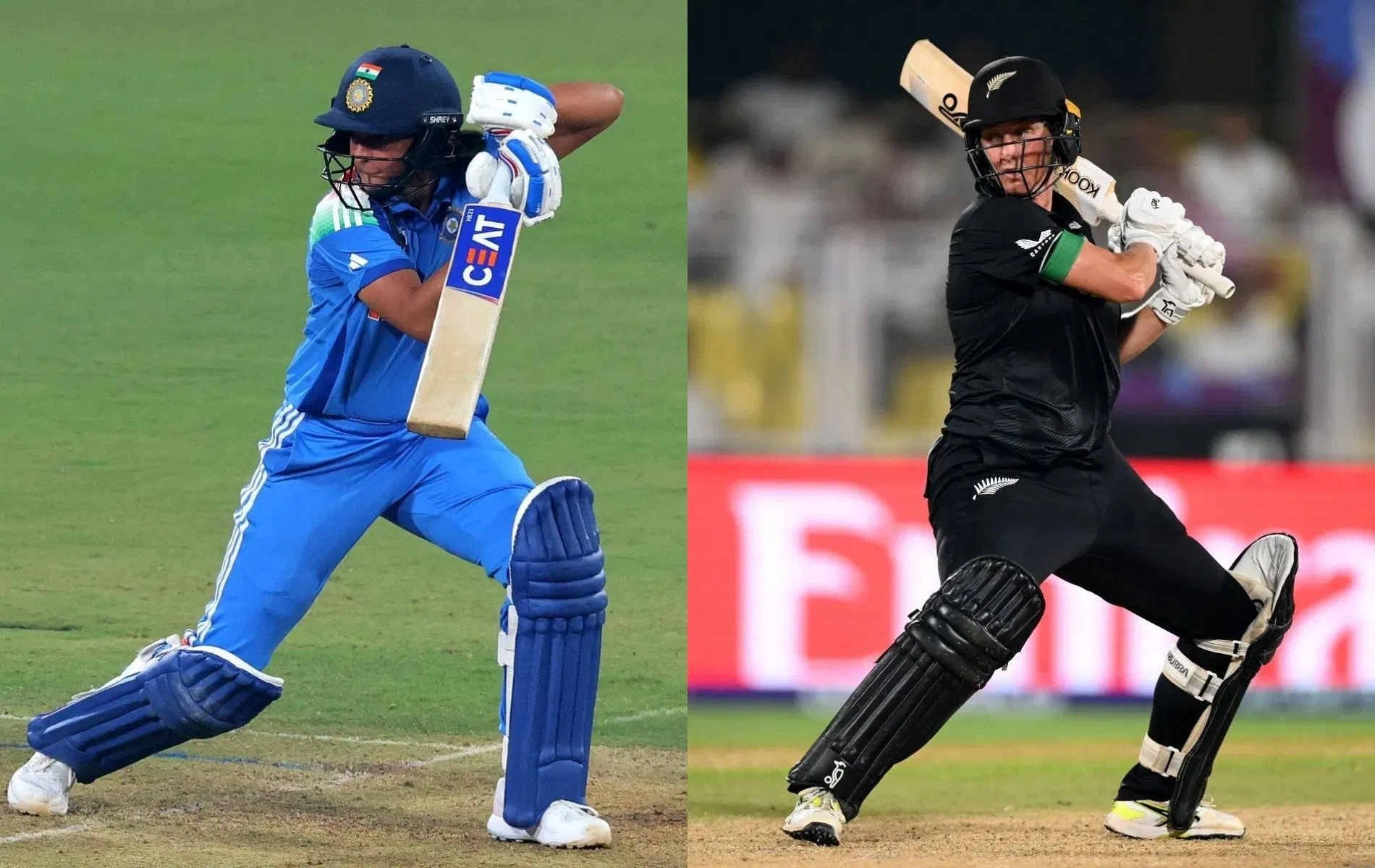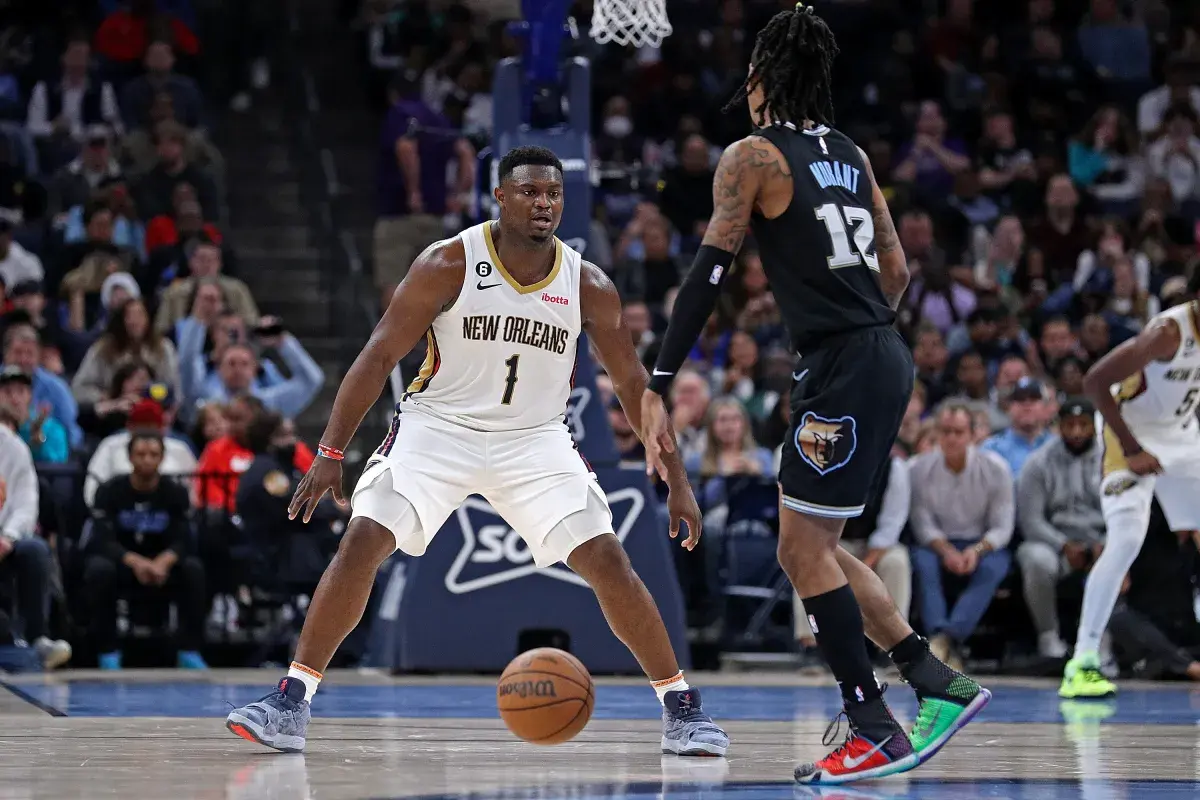Copyright The Philadelphia Inquirer

Forty-five years ago this week, the Phillies won their first World Series. At the center of it all, Michael Jack Schmidt. Schmidt went 8-for-21 with two homers and seven RBIs against the Royals and was named World Series MVP, a crowning achievement in his Hall of Fame career. But he badly needed that performance to change the narrative after several years’ worth of playoff disappointment, individually and for the team. » READ MORE: Who should return to the Phillies in 2026 and who should move on? See our picks and make your own. On a recent edition of Phillies Extra, The Inquirer’s baseball show, Schmidt discussed how the 1980 Phillies finally got over the October hump. He also shared some thoughts on Bryce Harper, Kyle Schwarber, and Pete Rose’s potential Hall of Fame candidacy. Here’s an excerpt from our conversation, edited for brevity and clarity. Watch the full interview below and subscribe to the Phillies Extra podcast on Spotify or Apple Podcasts. Q: Kyle Schwarber has 340 home runs through age 32. What’s the key to maintaining the production on the back nine of a career? A: You’re getting into your middle 30s, moving a little bit into your late 30s, if you can stay healthy, continue a really, really strong workout program in the offseason. Your flexibility has to be there. Your bat speed obviously has to stay up. Your eyes have to stay — you’ve got to be able to see. I had 20/10 vision when I played. And it’s important to have good eyesight as you’re going forward, like you did when you were young. There’s a lot of nonmechanical baseball swing issues that have got to stay right because you’ve got to be quick. » READ MORE: Kyle Schwarber hit 56 home runs in an epic 2025 season. Here’s what to know about each one. Schwarber is now quick to the ball, and you have to have confidence you could hit a 95 mph fastball as you get older. That’s what kind of sent me out of the game — that fastball just started to just get by me. My reactions weren’t as strong as they were when I was young. My bat speed wasn’t what it used to be. It’s like golf. As you get older, you wonder, ‘Why did I lose my length? How come I can only hit at 240 now? I used to be able to hit it 290-300,’ and things just change when you get older. So you’ve got to fight that off as long as you can. You’ve got to push that off into your 40s or whatever. And so, that’s a big issue. … We’re crazy to [only] use the number 500 [homers] with Kyle Schwarber. You’re only talking about what, five more years at 30 a year to get to 500? He’s probably got, let’s say, five more years at 50 a year. Five more years at 40-45, a year. So, his No. 500, I believe, is selling a little bit short. Q: Why do you think Bryce Harper has been such a good fit for Philly and maybe vice versa? A: I had my doubts in the beginning, from a distance, from what I knew about [him] playing at Washington. I had my doubts about that. Plus, you add in that crazy amount of money [$330 million] the Phillies gave him to come to Philadelphia and the number of years [13], and I just had my doubts. And he has taken to Philly like a duck to water. He’s got a fantastic team around him. He’s a great family man. He plays the Philly way — down and dirty, and that’s the way he is. And he brings the crowd into his game, and the game into the crowd. He’s a little bit the opposite of me. I kind of played with those blinders on, and he’s very emotional when he plays the game. The Philly fans love that. He’s gotten a lot of big hits. He loves that big moment. The fans love to be there when Bryce comes up in a big moment. So he’s a clutch player, there’s no question about that. And he knows the history of the game. He gives me a lot of respect. And also other players to play before him. That’s good. Players of my era like to see that in current-day players as a rule. … We don’t think that this generation of players knows as much about us as they should, because I know that when we played, we knew about the guys that came before us. We had their baseball cards when we were young, and … if somebody walked in, if Stan Musial walked into our clubhouse, we’d all rush over to meet him. We all knew who he [was]. I don’t want to get too deep into this, but I think over time, the sense of the people that came before you — and in all sports — I truly believe that is diminished from what it was 20-30 years ago. Not with Bryce. Bryce is very informed about the alumni like myself. Q: In May, the commissioner posthumously reinstated Pete Rose, whose name could be put before a Hall of Fame era committee for consideration for induction in December 2027. Within the Hall of Fame community, do you think there’s support to put Pete Rose in the Hall of Fame? A: I do, but I don’t know that it’s any more than 50% … There are as many detractors as supporters in Pete’s case. However [Hall of Fame chairman of the board of directors] Jane Clark forms the committee, that will determine Pete’s fate. And even if they put 16 ex-players, members of the Hall of Fame on it, I still think it would be 50/50. And if they put four or five Hall of Fame members on it, and GMs and team presidents and media people and historians, and they put all those guys on it, I still think it runs 50/50. [Note: 75% support is required for election.] » READ MORE: Pete Rose is now eligible for the Hall of Fame. But that doesn’t mean he’ll get the votes for induction. … I can’t go one way strong or the other, based upon my experiences and talking about Pete, wherever I’ve been, be it around the members of the Hall of Fame or media types, Just general conversation at a restaurant or something with people. What a tumultuous life that man led. I don’t think he handled the whole situation very well. I’m not a proponent of him gambling on the game, which was the big issue, of course. The people’s lives that he affected through that, through his life during that period, the way he handled when he admitted on that, and the way that Mr. [former commissioner Bud] Selig was hoping that he would change his life and do some good, change his habits in life to positive things for the game of baseball and for himself and his family, which didn’t happen. So I think he created his own fate. And now we will find out, I guess in two or three years, when this committee votes whether he will have a plaque in the Hall of Fame. And I believe that if he doesn’t, I still think there should be a big corner in the museum somewhere that shows pictures and tells the story, maybe a video of some sort, of Pete Rose happening in the history of baseball. Because I think it’s important. Whether it was a negative stain on the sport or not, that’s part of it.



